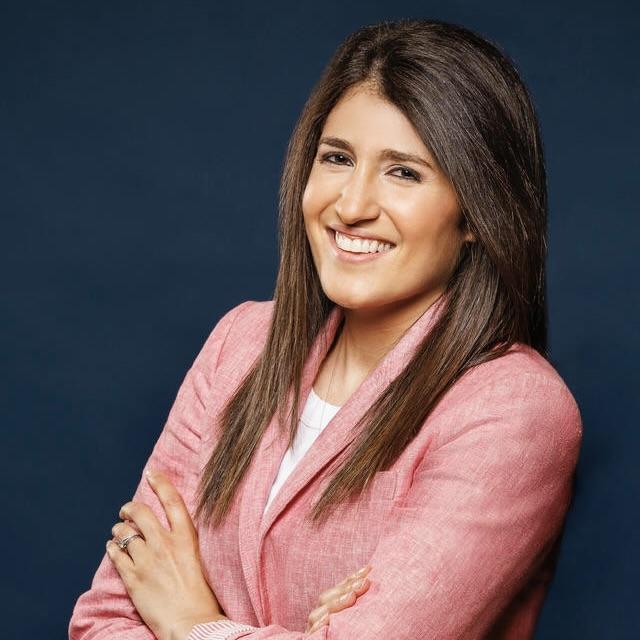What is period poverty?
Watch the CBSN Originals documentary, "Period. Half the population has one. But no one talks about it," in the video player above.
The average woman spends 2,535 days of her life menstruating. She has no choice in the matter — it is simply biology. So, regardless of her financial or social situation, she must purchase or otherwise obtain access to enough pads, tampons or menstrual cups to bleed for nearly seven years of her life.
For many, periods are simply an inconvenience, perhaps accompanied by a slew of uncomfortable symptoms like PMS, bloating and cramps. But for millions of other girls and women in the United States, however, the situation is much more severe.
American women are 38% more likely to live in poverty than men. And if you only have $5 in your pocket when your period arrives, you may have to choose between buying tampons and eating — or worse, between buying tampons and feeding your kids.
"The average mother will put food on that table for their children with the last five in your pocket and she will find other ways to get the other necessities that she needs," said Nicole Johnson, who went into a New York City shelter with her four children in 2005. "I've seen and I've heard mothers do all types of things… going out onto the streets with their babies, in and out of trucks. What's to say you're gonna come back? What's to say your child is gonna come back?"
That sort of thing may seem unfathomable to a lot of people — selling your body just to be able to afford a tampon. However, if you are homeless and the clothes on your back are the only clothes that you own, bleeding through them is simply not an option. What's more, for many women living in poverty, laundry services are not easy to come by.
"Just last week, we had a woman come in, and she was in tears, and she was wrapped in a blanket from the waist down," says Alicia Horton, executive director of Thrive DC. "And I'm sure if she had not been able to come to us, she would have probably had to go to the bathroom and create something to staunch her flow until she could get the supplies she needed."
Women cannot use public benefits like food stamps to buy tampons or pads. These essential products are not included in flexible or health spending account allowances. They are not covered by health insurance or Medicaid. And despite being a necessity for half the population, they are not regularly offered for free in public restrooms.
"We had a period of time here where the toilet paper kept being stolen," Horton says in the CBSN Originals documentary, "Period." "And generally speaking, it was women who were stealing the toilet paper because they were fashioning what they needed out of that, and they just couldn't pay for it."
Period poverty doesn't just affect homeless women, it affects a huge number of American schoolchildren as well. In fact, according to The Always Confidence and Puberty Wave VI Survey (conducted by the company that makes Always feminine hygiene products), nearly one in five American girls have either left school early or missed school entirely because they did not have access to period products.
"The fact that there are people who aren't able to afford these products, and as a result, may miss school, may miss work, face certain stigma — I think it's a human rights issue that, especially in the United States of America, women should not have to be dealing with," said Congresswoman Grace Meng, D-New York.
In March, Meng announced the Menstrual Equity for All Act before Congress, the first comprehensive bill to address the challenges that women and girls face in obtaining feminine hygiene products in America. The bill would make menstrual hygiene products free for women in prison. It would allow states to use federal funds to supply pads to girls in school. And it would require that these products be covered by Medicaid.
"When I first began talking about tampons and tax policy, testifying in front of mostly male colleagues on the House Ways and Means Committee," Meng said at the announcement, "There were a lot of people who thought and told me that I shouldn't be talking about these types of things in public. As if because I am a woman, and I talk about menstruation, that I will be seen as someone who is not serious and who focuses on issues that are not important. But we all know here that this is a very serious issue. And it is very important."
After all, when you stop and think about it, access to menstrual hygiene products is an essential, albeit often overlooked, component of women's rights.





